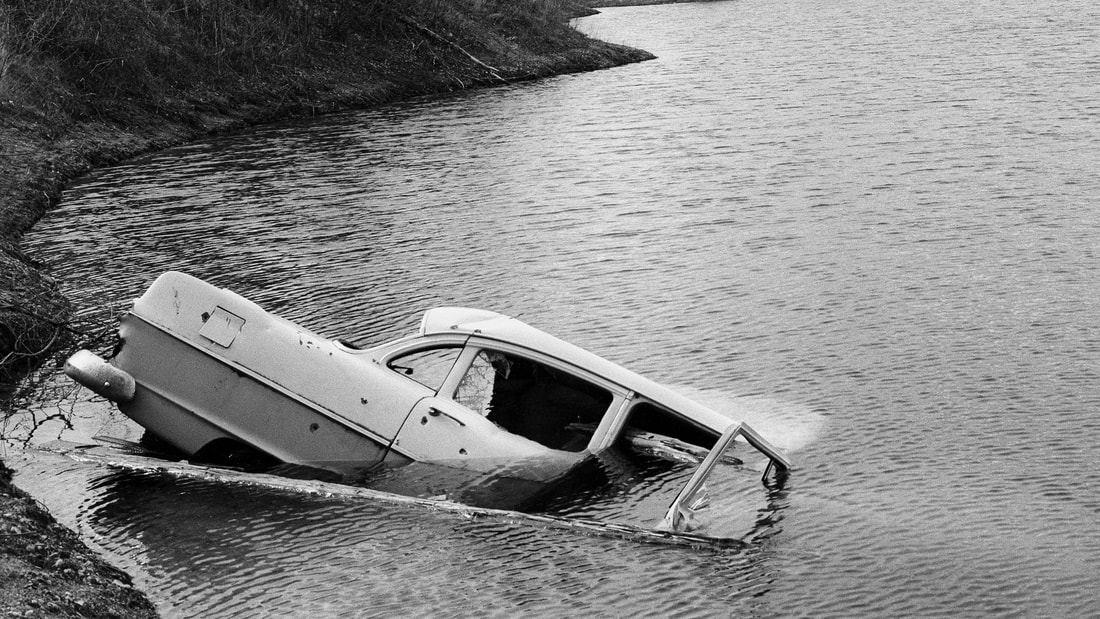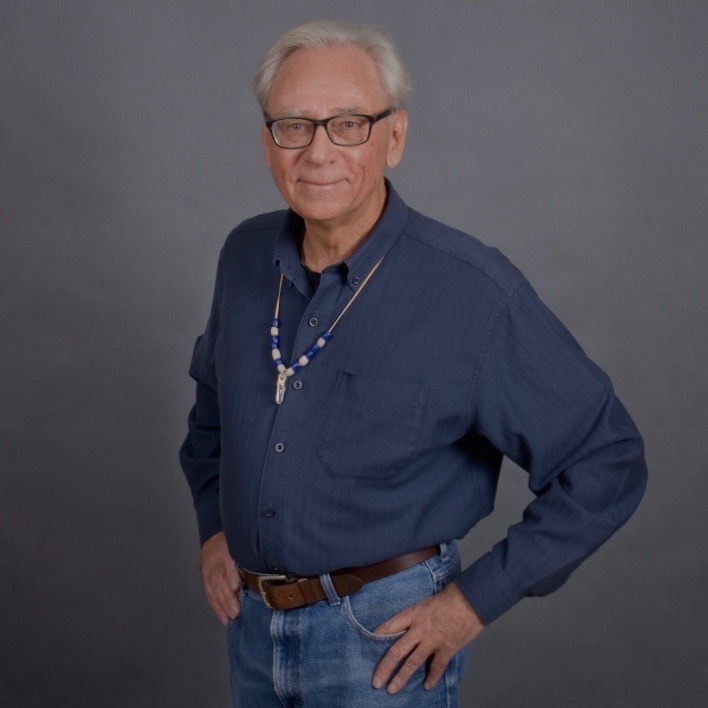|
Scene 1 – THE GIFT – Amour Architects – Dubai, UAE, October 1980 The box is mahogany or another rare, tropical wood, highly polished with gilded corners and latches. The length of a yardstick and the width of a 12-inch ruler, like my first grade teacher used to rap my knuckles, the majesty of the box captures my attention as I enter Amour’s conference room. “Welcome to Dubai.” Amour extends his hand. A gold cufflink pierces a French cuff that extends beyond his tailored blue suit sleeve. Still feeling the effects of jet lag, I almost fail to notice his impeccably groomed jet-black hair and handcrafted Italian shoes. Milan perhaps? Slow to respond, I say, “Robert, Robert Johnson, that is. I’m pleased to meet you.”
Amour greets my colleagues in similar gracious manner. “Please join me at the conference table. I have Arabian coffee and bottled water for refreshment. We’ll talk and then you’ll be my guests for dinner. How was your trip from Chicago?” “Uneventful,” I say. “We left Friday night, stayed in Frankfort Saturday and caught our flight to Dubai this morning. It’s a long trip but we’re ready for work.” “Good,” our host replies. “The Sheikh is eager to see your feasibility study for the new office building.” “Thank you. We are excited to review your design for the building,” I offer. “But first, if I may ask.” Amour nods. “What’s in the box?” He slides the box across the table, opens the clasps, and lifts the lid. Fire from the setting sun reflects from the box. A scimitar rests on a red velvet pillow. “The handle is pure gold with imbedded rubies and emeralds,” he says. “The finest German steel is used for the blade. This saber is my gift for our client. Tomorrow, before you present your feasibility study and I show my design for the office building, I will offer my gift.” “In my country,” Amour continues, “architects follow a custom to gift their clients a blade of high quality, similar to our work. I will ask him to sever our relationship if he is not completely satisfied. Of course, I hope he will approve, or in case that he doesn’t, that he will lie to me.” Scene 2 – NIGHTMARE PONTIAC – County Line Road – Mequon, Wisconsin, October 1962 A cigarette glows in the darkened front seat of a blue and white 1956 Pontiac four-door sedan parked on the right side of the asphalt road. I slowly drive past. Linda touches my right hand that rests on the seat between us. “Everyday he waits on the hill and watches me come home,” she says. Her hand is cool. “Billy was expelled from high school for carrying a knife. My parents won’t let me date him. That’s okay. He scares me. Please drive the other way home after you drop me off. Okay?” “I’m not afraid of him,” I stammer. “It’s out of my way to drive the other way home.” My left hand tightens on the steering wheel. Linda releases my right hand. “Please! I don’t want anything to happen. Drive west.” She kisses my cheek. “I’ll see you tomorrow.” My heart pounds as I slowly back out of Linda’s driveway. Thud, thud, thud my hot rod Oldsmobile 348 engine echoes my heart. He’s calling my bluff. What could happen? I’m not a wimp. I turn east and inch up the hill. I’m ten feet from Billy’s car when his driver’s door flies open. He struts to the centerline, a hulk of a boy in blue bib overalls, no shirt, and black boots. He raises his right muscular arm like a traffic cop. I roll my window down. He walks over, a bulge in his right pocket. “Are you Bobby?” He says. I lean back from the window. “Yeah.” He reaches in and grabs my shirt. Tobacco breath is hot on my face. “Stay away from her.” I twist to dislodge his hand. “Okay, I will.” He releases his grip, presses his knuckles on my chin, and saunters back to his car. A week later I drive Linda home and avoid Billy. I retrace my inconvenient route home. Maybe he didn’t see me or I called his bluff? Would he pay me back next time? In the following weeks and months, I follow my alternative route. His car is always there, a sentinel in a watchtower, parked on the hill, my nightmare Pontiac. Scene 3 – CONTRABAND – Froth House Café, Madison, Wisconsin October 1998 I sit at my keyboard and I turn toward the microphone. There’s a small turnout for my gig tonight. “When I was a kid,” I say. “an important man in my life deceived me about honesty. I’ve driven a long road since then to retrieve what was mine. Here’s my song, Left to get my contraband. Driving in my Chevy van. Sure he took it far away. Where it was he wouldn’t say. Hoped to have the golden way, Searching for it every day. Honesty was always mine, Easily taken, hard to find.” If this story is meaningful, please like or tweet below or leave a comment. Thank you for your interest and possible action you may take. Richard Wilberg, MS, PLCC, ACC Creativity Coach for Personal Fulfillment and Career Success
8 Comments
Wayne Brabender
9/27/2019 07:23:32 am
Richard, another thoughtful piece. Spells out the dilemmas related to honesty. We should always tell the truth, right? Or so we're told. It's not that simple, as you point out: "easily taken, hard to find." It's hard to sort out for ourselves, even harder to judge others. Well done. And I love the photo that accompanies your piece. Thanks! Wayne
Reply
Richard Wilberg
10/3/2019 07:59:31 am
Wayne,
Reply
Byrne
12/18/2019 01:42:46 pm
I was always taught to tell the truth. As I have aged, I have wondered if that is the best road.
Reply
Richard Wilberg
12/18/2019 02:57:06 pm
Byrne,
Reply
Byrne
12/18/2019 03:16:26 pm
Richard,
Richard Wilberg
12/28/2019 07:54:43 pm
Byrne, Yes, black and white are absolute conditions quite rare in human communication. Thanks for your observation!
Reply
Richard Wilberg
1/23/2021 05:33:04 pm
Samantha, Thanks for being a reader and taking the time to let me know!
Reply
Your comment will be posted after it is approved.
Leave a Reply. |
About the AuthorI write personal essays, creative non-fiction, flash fiction, and self-development articles from my home in Madison, Wisconsin.
Archives
May 2023
Categories
All
|



 RSS Feed
RSS Feed